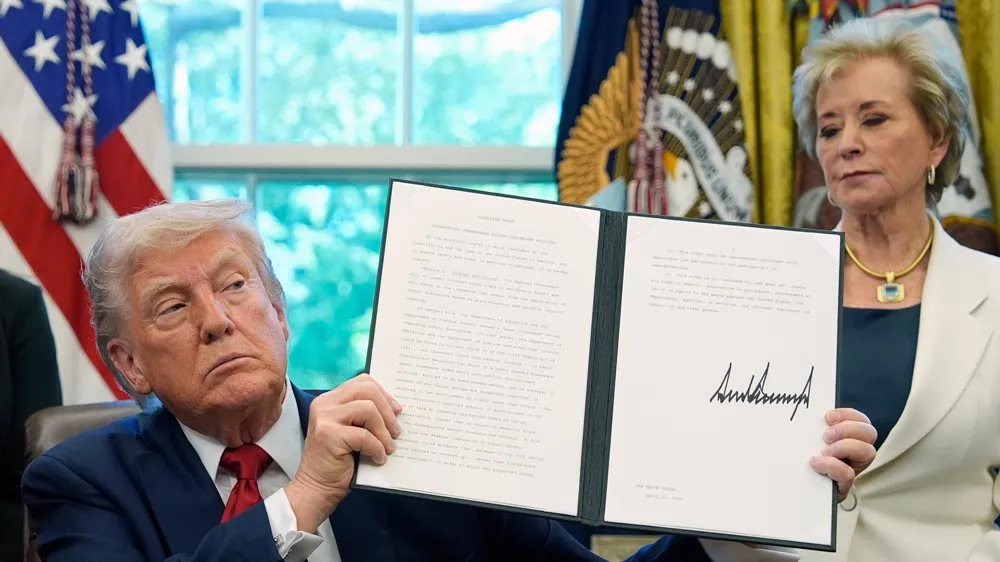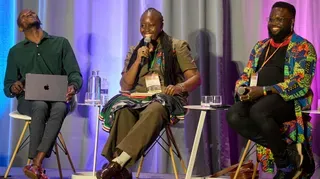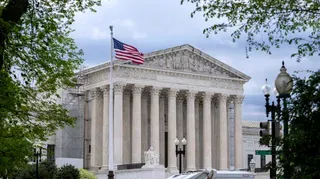April 23, 2013
US Teens Doing Better Than Public Realizes: Survey
Jason St. Amand READ TIME: 3 MIN.
American teenagers aren't doing as poorly on international science tests as adults think. Despite the misconception, people don't think the subject should get greater emphasis in schools, a survey released Monday found.
More Americans than not wrongly think that U.S. 15-year-olds rank near the bottom on international science tests, according to a Pew Research Center for the People and the Press poll. U.S. students actually rank in the middle among developed countries.
Even so, Americans are more likely to pick math or language skills over science when they are asked which subject they think deserves greater attention.
Among adults, there is wide variety in what they know about science and technology, the survey also found. For instance, two-thirds of those surveyed correctly said rust is an example of a chemical reaction and 77 percent correctly said the continents have been moving for millions of years and will continue to shift.
Yet only 47 percent correctly said electrons are smaller than atoms. Protons, neutrons and electrons are parts of atoms.
Education advocates have long warned that U.S. students need more science education if they are to keep pace with international peers. That perhaps has yielded the impression that the nation's students don't stack up to other nations on international tests.
About 35 percent of those surveyed by Pew correctly said U.S. 15-year-olds are about in the middle and 7 percent incorrectly said Americans ranked among the top nations. Yet the plurality - 44 percent - wrongly said American teens were ranked at the bottom of other developed nations.
International tests find U.S. scores aren't measurably different from the average of all other nations. Among the 33 countries measured in the 2009 Program for International Student Assessment, 12 had higher scores and nine had lower scores. Another 12 had scores that weren't that much different than Americans' scores.
The survey also asked participants an open-ended question about which single subject they thought deserved greater emphasis in elementary and secondary schools. Some 30 percent suggested math and arithmetic. Another 19 percent said English, grammar, writing and reading.
Science was the top choice for just 11 percent of participants. Among those who picked science, though, there was a partisan divide. Some 17 percent of Democrats said science should receive more attention, while 7 percent of Republicans agreed.
Republicans, however, were more likely to favor math and arithmetic than Democrats. Some 35 percent of Republicans picked math skills as the subject they thought deserved more attention while 24 percent of Democrats agreed.
Americans with college degrees were more likely than others to underestimate the students' international rankings. Those college graduates were also more likely to answer their own questions about science and technology correctly.
For instance, 76 percent of college graduates correctly identified carbon dioxide as the gas that most scientists blame for climate change. Just 55 percent of those with some college courses got the answer right, and that number reached 49 percent among adults who did not attend college.
Pew's poll was conducted March 7-10 and used landline and cellular telephone interviews with 1,006 adults. Results for the full sample have a margin of error of plus or minus 3.7 percentage points. It is larger for subgroups.
The survey was conducted with Smithsonian Magazine for an upcoming edition focusing on science, technology, engineering and mathematics education.







